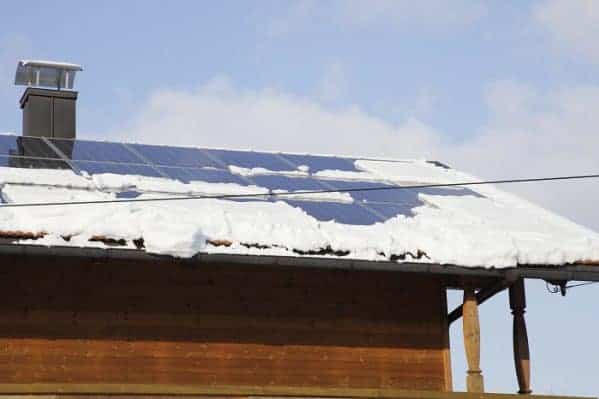Solar Generation Creating Revenue Gap
There are two basic groups of energy, renewable energy (biomass, geothermal, solar generation, water, and wind power) and nonrenewable (fossil fuels coal, oil, natural gas, nuclear).
Three-quarters of the world’s energy is generated by burning fossil fuels, and the US is no different. Yet already, it appears the recent uptick of solar generation and wind energy for homes and businesses is having an impact on generators. Generators, already struggling with low energy prices, stringent emissions regulation, and a drop in demand, are facing a $2 billion reduction in revenue.
Why do we care? Well, renewable schemes are grand, but when the sun isn’t shining, and the wind isn’t blowing, it falls on the generators to pick up that demand. That means that they need to maintain capacity in case it’s needed with little revenue to show for it.
Solar generation technology, in particular, has become much cheaper with incentive schemes driving the increase in installed capacity, which is forecast to continue rising and exacerbating the problem. Having a mix of generation is invaluable for system security, but having low prices will not stimulate the required investment according to power producers like NRG Energy Inc.
While this shot across the bow may strike some fear into energy consumers and policymakers, who need to keep the lights on, it seems a little premature given the renewable and emissions targets that are being aimed for – solar generation is expected to deliver the lions share of this. It is predicted that charging structures will swing toward capacity and demand charges to make up the difference from lost kWh sales as well as a re-think on the generation assets required to keep the lights on.
In the oil and gas sector, oversupply and expensive upstream production assets have been taken offline, with cheaper methods of extraction are being focused on to compete. The generation sector is no different in this regard. Market economics are pretty effective at solving problems that occur from a paradigm shift.
Does this mean that these losses are sustainable? Well, in the long term, no, but the real question is whether the generators are willing to re-balance their assets, and change their thinking to adapt to the future, which is undoubtedly going to be greener.
Vervantis provide on-demand expertise to organizations considering distributed generation or battery storage, completing detailed commercial viability studies, vendor analysis, RFPs, and project management. Sustainability is also a core focus; our team support clients with strategies and financial-grade reporting software to keep them on track with their CSR/ESG and corporate agenda.
To learn more, you can contact us here or speak to one of our experts now: 1-888-988-5474











